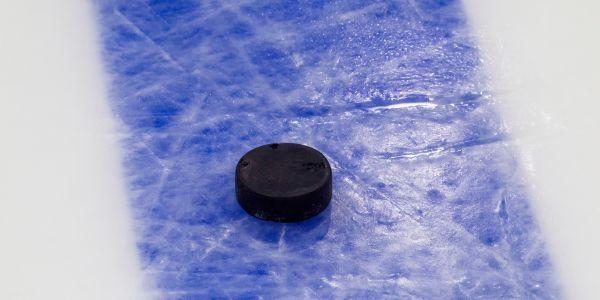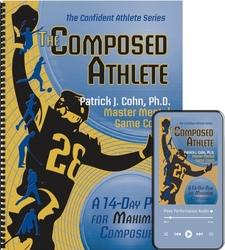
When is Having a Bad Memory a Good Thing in Sports?
Too often in sports, bad memories interfere with present performance. Think back to a time when you made a crucial mistake in a competition.
You replayed that moment over and over. No matter what you were attempting in the moment, that past mistake kept popping up in your head. Focusing in the moment felt impossible. Your confidence was shattered.
Not only did those memories hurt your current performance, but you dragged those bad memories with you to practice, affecting your training sessions.
When you went to your next competition, you carried those negative memories with you, and, no surprise, you had another bad game.
The refusal to shed negative memories and allowing mistakes to linger in your mind breeds further mistakes and poor performances. And, yes, it is a refusal to move on because you could make a different choice.
Instead of focusing on negative performances, bad decisions, and mistakes, you could choose to focus on improving your technique in practice, visualize how you could make better decisions in future competitions, or immerse yourself in preparing for your next game.
Moving on requires a conscious amnesia. That is not to say to ignore past errors. The past can provide valuable insights on performing optimally in the future. The key is to learn and let go.
When you consciously choose to move on, you eliminate an intrusive distraction, giving you the power to focus on being your best in the moment.
Philadelphia Eagles kicker Jake Elliott has had a down year during the 2024 NFL season. Elliott had his best statistical year in 2023, making 93.8 percent of his field goal attempts.
Through 13 games of the current season, Elliott’s field goal percentage is only 75 percent. Elliott does not lack skill; he has been a clutch kicker throughout his career. So, how does Elliott plan to return to his previous level of play?
Elliott is focused on finding a solution. In other words, Elliott is focused forward. To focus on the present, you must shed the weight of negative memories or, to say it another way, have a short memory.
ELLIOTT: “I gotta watch the film. And take a look in the mirror and figure out…figure out fast.” I still really feel confident in myself. Feel like I’m hitting the ball well this year. So, I don’t wanna overemphasize one game. Just wanna go back to through the process and figure out.”
When you place too much emphasis on mistakes, it robs you of the opportunity to perform at your peak in the moment… and the present is what matters most.
After a bad game, ask yourself, “What can I learn from this game?” How can I work to prevent making this mistake in the future?
This strategy is the learning component. Next comes the “Let Go” phase. In this phase, tell yourself, “I refuse to allow past mistakes to affect my performance in the present.”
By learning and letting go, you can grow your game rather than getting stuck in the past.
Related Sports Psychology Article
- How to Deal with an Unexpected Sports Loss
- How Athletes Respond to a Loss
- How to Evaluate Losses for More Confidence
The Composed Athlete (Digital Download)

“The Composed Athlete” audio and workbook program helps you gain a competitive edge by improving your composure in competition. Learn the best ways to let go of mistakes and overcome frustration and dwelling.
“My son Jake has struggled with composure for as long as I can remember. He is doing the Composed Athlete program and is about half-way through. He had the biggest, most stressful wrestling tournament of his season this past weekend. I have never seen him demonstrate such composure and sportsmanship -ever. I was so happy I was fighting back tears. It’s been a long and frustrating road. I am so thankful for your program.”
~Laura Grogan
